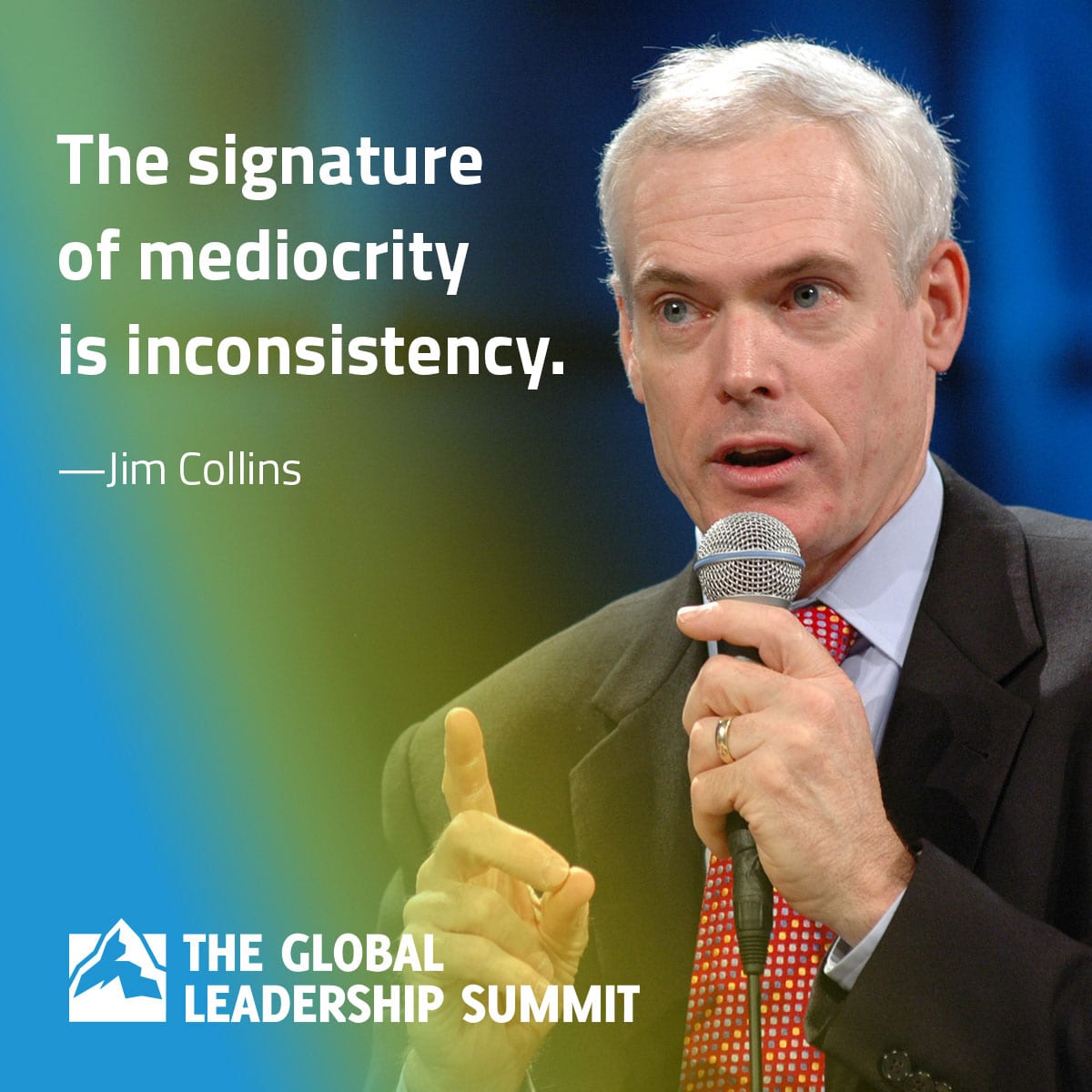
The signature of mediocrity is inconsistency.

The signature of mediocrity is inconsistency.
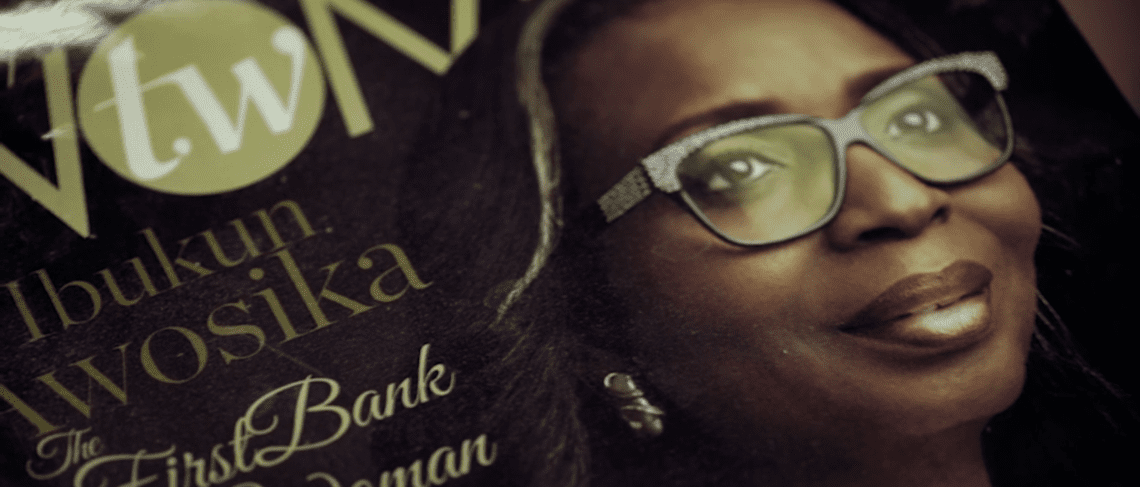
At the 2016 GLS, we featured the story of Ibukun Awosika, chairman of the First Bank of Nigeria and CEO of The Chair Centre. Were you inspired by her Grander Vision story? We were!
We asked Mrs. Awosika to answer some quick questions for our blog to help us get to know a little bit more of her backstory.
WCA: When did you first know you were a leader?
Ibukun: As a youngster, I had the impression that I needed to be president of my country in order to implement the positive changes I envisaged. I grew up, however, to understand that I can impact my society wherever I am and in whatever capacity I find myself. It was intriguing to realize that leadership is beyond fancy titles; leadership is a calling or a mission that you must heed from your corner—small or big—if you want to leave the world as good as your stretch of imagination can take you.
WCA: Whose leadership has had the most impact on your life?
Ibukun: My life has been influenced by a beautiful bouquet of leadership icons. But the Holy Bible stands out as my guiding light in all aspects of my life. I have also learnt immeasurably from studying great leaders through their autobiographies. Besides, a life of meaning was ingrained in my upbringing by my loving parents. In that sense, I typify the Proverbs 22 verse 6 child.
WCA: What leaders do you admire and why?
Ibukun: I admire leaders who do things right, leading by example and having the right value systems. I admire diligent individuals, who are ready to give back to the society and are not afraid to be different or truthful, and show love and care to others.
WCA: What was the best leadership advice you received as a young leader?
Ibukun: I read a book, Business by the Book by Larry Burkett, which opened my eyes to the fact that one could succeed doing business with integrity and according to biblical principles. This gave me the confidence to step out to build my business the same way.
WCA: What part of leadership gives you the most satisfaction?
Ibukun: There is a sense of fulfillment in seeing the transformational trends arising from one’s modest contributions to raising purposeful leaders who have become respectable leaders themselves, extending the chain of transformational leadership across various strata of society. I am equally gratified by the sheer number of people who testify to me in person, by letters and emails, about modeling their personal and business lives after my principles and values. Indeed, I am inspired to work even harder to reach more people. This is one reason I am devoting more effort to writing books, which can reach a much wider audience.
WCA: In which aspect of leadership are you growing the most right now?
Ibukun: I am the youngest and first female Chairman of First Bank of Nigeria Limited, Nigeria’s premier financial institution, in its 122 years. This is no easy feat. I am learning to manage the different interests, challenge the status quo, whilst ensuring that I stand by my principles of doing things right, giving back and building the next generation of leaders for my country.
WCA: How do people around you respond to your openness about your faith?
Ibukun: My faith is everything to me and I have no apologies whatsoever for my openness about it. It is who I am and all that I am. Frankly, I don’t care what the others think, but I have enough wisdom to handle issues without being offensive.
WCA: What have been the biggest challenges to integrating faith in your leadership?
Ibukun: There is occasionally a conflict between what seems expedient and what is righteous; and making others, like a Board of Directors, understand the need to sometimes make sacrifices at whatever level for what is right and more sustainable.
WCA: What would you say to encourage other leaders to take the risk and to live out their faith in their leadership?
Ibukun: At the end of your days on earth, you will face God and account for your life. Will you rather please man and miss heaven? I won’t.
 Chairman, First Bank of Nigeria; Founder and CEO, The Chair Centre Group; ordained pastor; and founder of the Christian Missionary Fund
Chairman, First Bank of Nigeria; Founder and CEO, The Chair Centre Group; ordained pastor; and founder of the Christian Missionary Fund
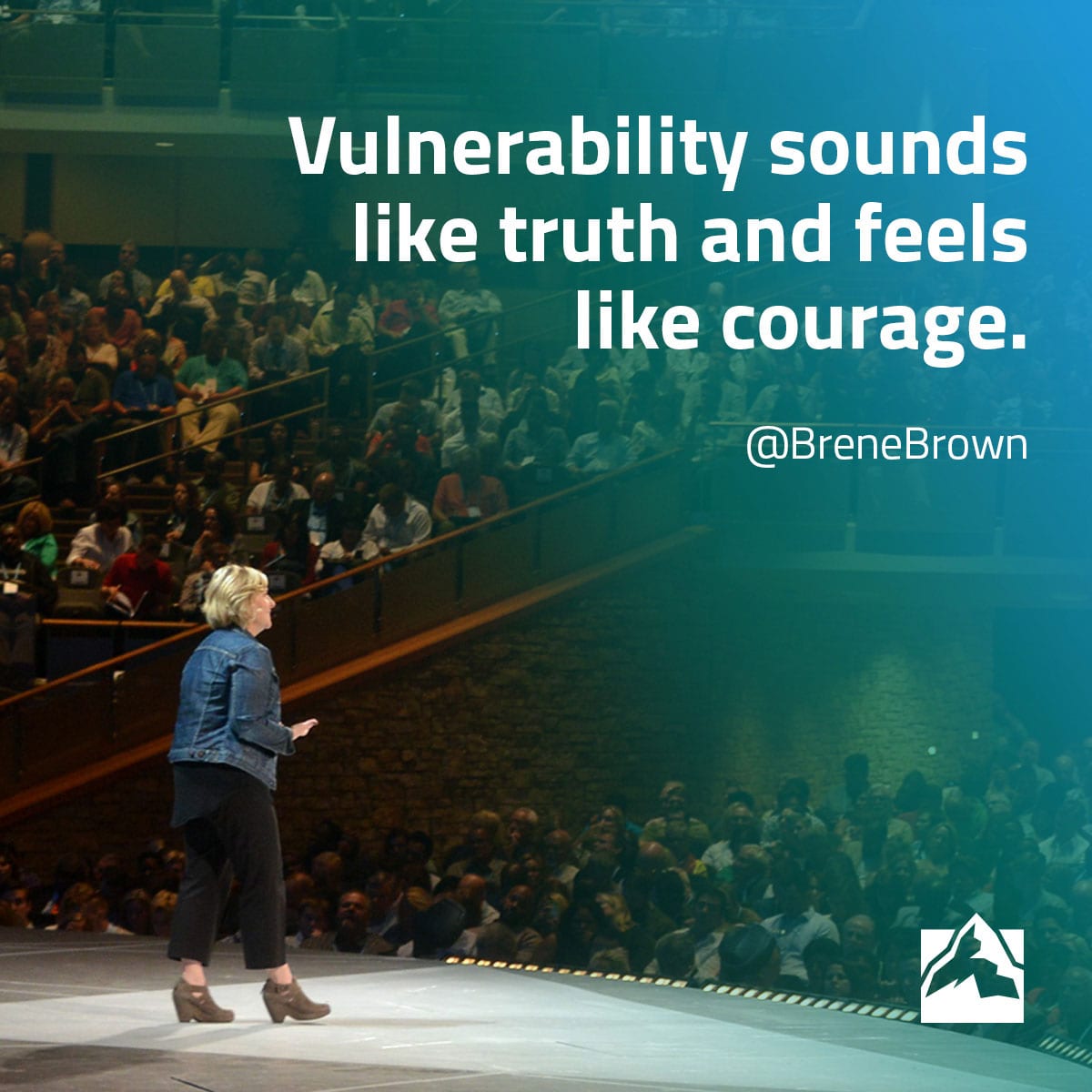
Vulnerability sounds like truth and feels like courage.
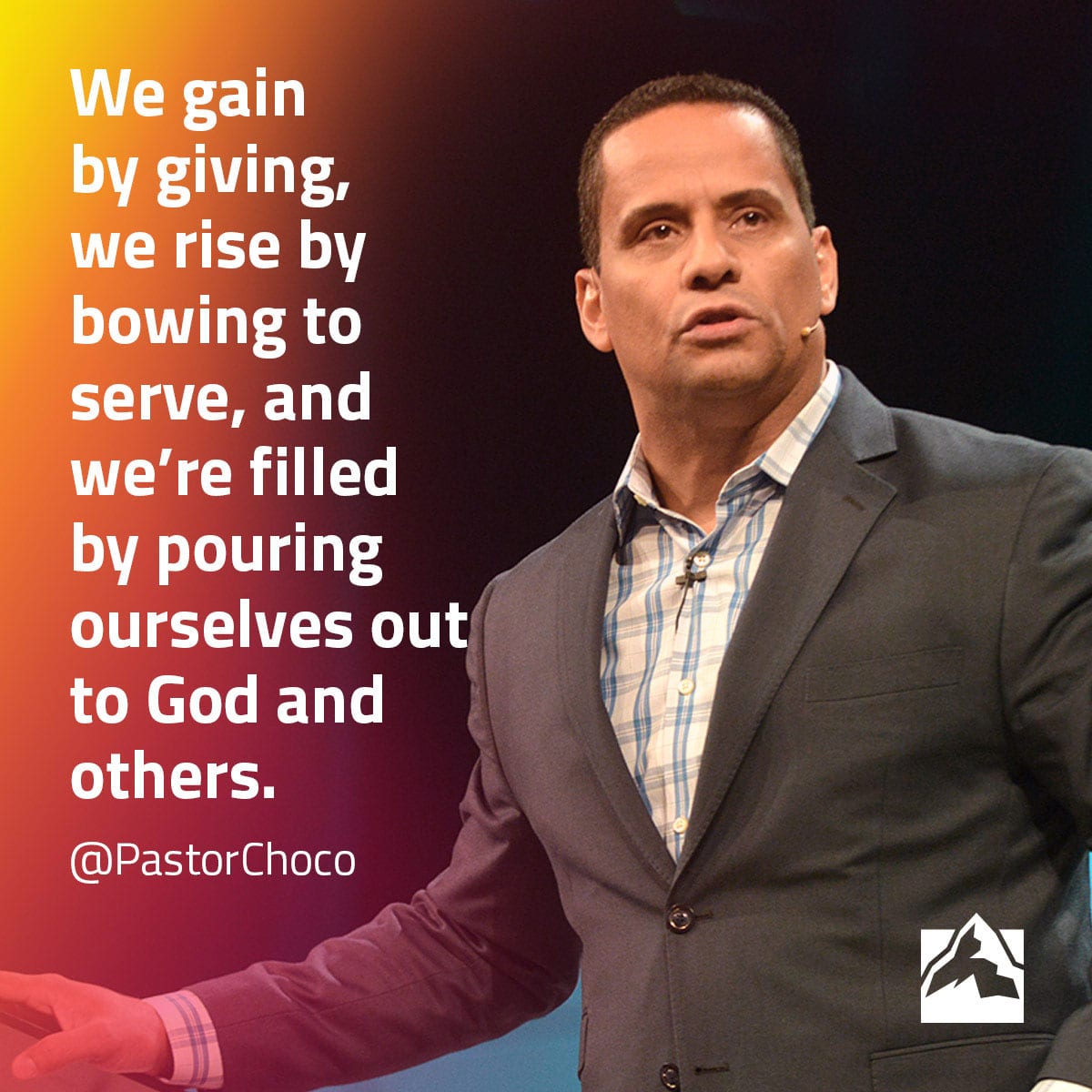
We gain by giving, we rise by bowing to serve, and we’re filled by pouring ourselves out to God and others.

Have you ever wondered why so little power is often invested in empowerment?
Coming out of the 2016 Global Leadership Summit, I was so encouraged to hear speaker after speaker talk about the importance, not only of empowering others, but also how to make empowerment a reality.
As I sat in my Summit seat, I thought back to a time when someone had taken the time to invest real power in my own leadership.
I had joined the staff of a church of about 2500 people in the role of executive pastor. To ensure my success, the senior pastor had done far more than simply given me an important sounding title, a lofty place in our organization chart and a corner office.
He went to great lengths to ensure I was fully empowered to carry out the leadership assignment I had been given.
Specifically, he practiced three critical empowerment principles:
In my first meeting with the full staff, the senior pastor placed his hand on my shoulder and said, “Team, I want you to know that when Scott speaks, he is speaking for me. He carries the same weight as when you are talking to me.”
Immediately the entire team knew that I had been fully empowered to take on this role.
While he believed in my ability to grow into the role, he also knew that he had a responsibility to provide me with ongoing, consistent coaching.
Every week we would meet to discuss my progress, my decisions, my challenges and my successes. Everything became a coaching moment.
The reason for this was simple; he knew that in order to empower me to be successful in the role, it meant he had to invest his time, expertise and experience into me.
Empowerment requires development.
Even when I made a bad call, the senior pastor never chastised me publicly. In private he would certainly make sure I had learned from the misstep, but in public, he made it clear that I had his full support.
As leaders, we have the opportunity and the responsibility to empower those we lead. To do so requires more than good intentions. It requires purposeful action steps. As Jossy Chacko said, “Empowerment happens in relationship.”
Try implementing the steps taken by my senior pastor.
And as you do, watch what happens as you truly put the power back into empowerment.
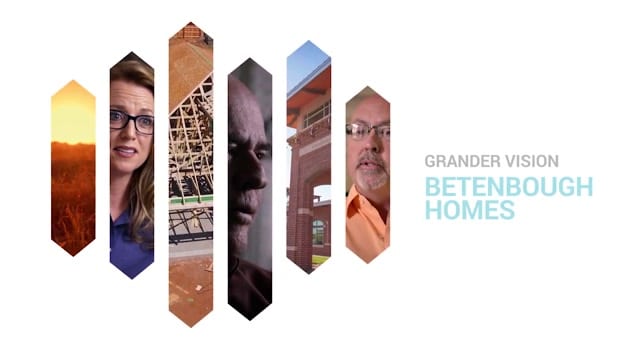
God has a Grander Vision for each of our lives – a unique opportunity to fully live out our faith in the sphere of influence in which we have been placed. The Betenbough family shares the Grander Vision God has given them to use their business, Betenbough Homes, as an agent of ministry in the marketplace.
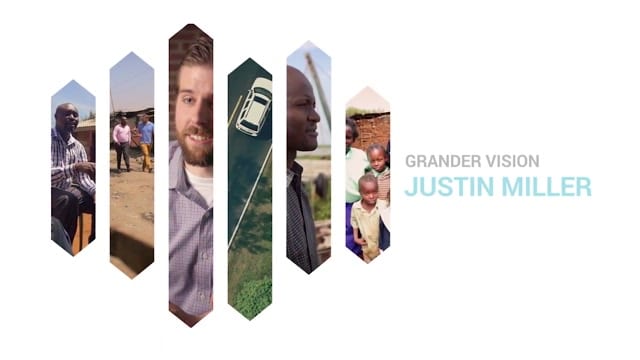
God has a Grander Vision for each of our lives – a unique opportunity to fully live out our faith in the sphere of influence in which we have been placed. Justin Miller, Executive Director of CARE for AIDS, shares the Grander Vision God has given him to utilizing the local church for aids orphan prevention.
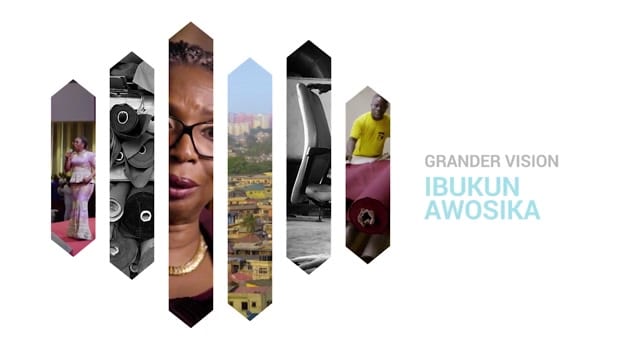
God has a Grander Vision for each of our lives – a unique opportunity to fully live out our faith in the sphere of influence in which we have been placed. Ibukun Awosika shares the Grander Vision God has given her to live out as Chairman of the First Bank of Nigeria and Founder and CEO of The Chair Centre Group.
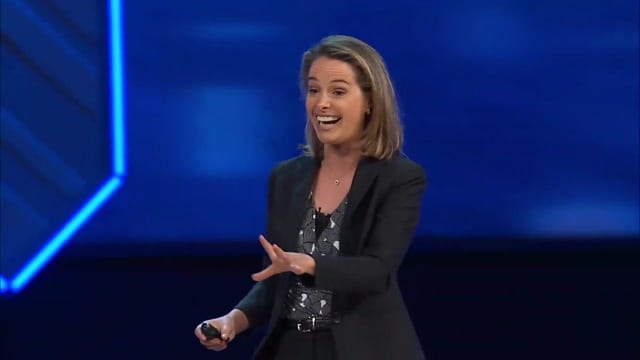
At the 2016 Global Leadership Summit, Erin Meyer, Professor at INSEAD and author of The Culture Map, identifies a systematic approach to decode how cultural differences are impacting your work and apply strategies to bridge those cultural differences.

At the 2016 Global Leadership Summit, Leadership Expert, John Maxwell, challenged leaders to strategically add value to people everyday explaining that this one skill determines the impact of a person’s leadership.
“We welcome and encourage comments on this site. There may be some instances where comments will need to be edited or removed, such as:
If you have any questions on the commenting policy, please let us know at heretoserve@globalleadership.org”
Recent Comments